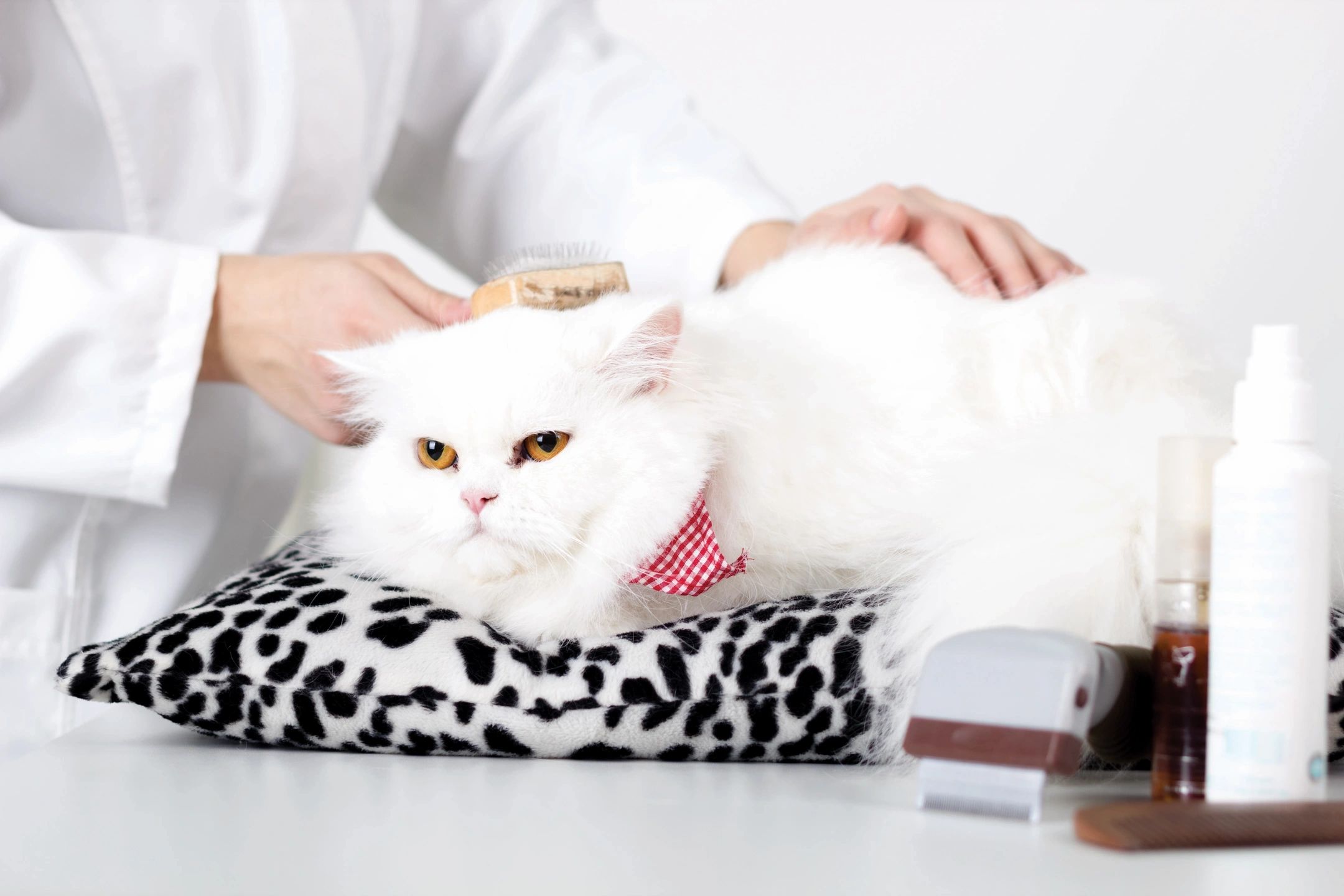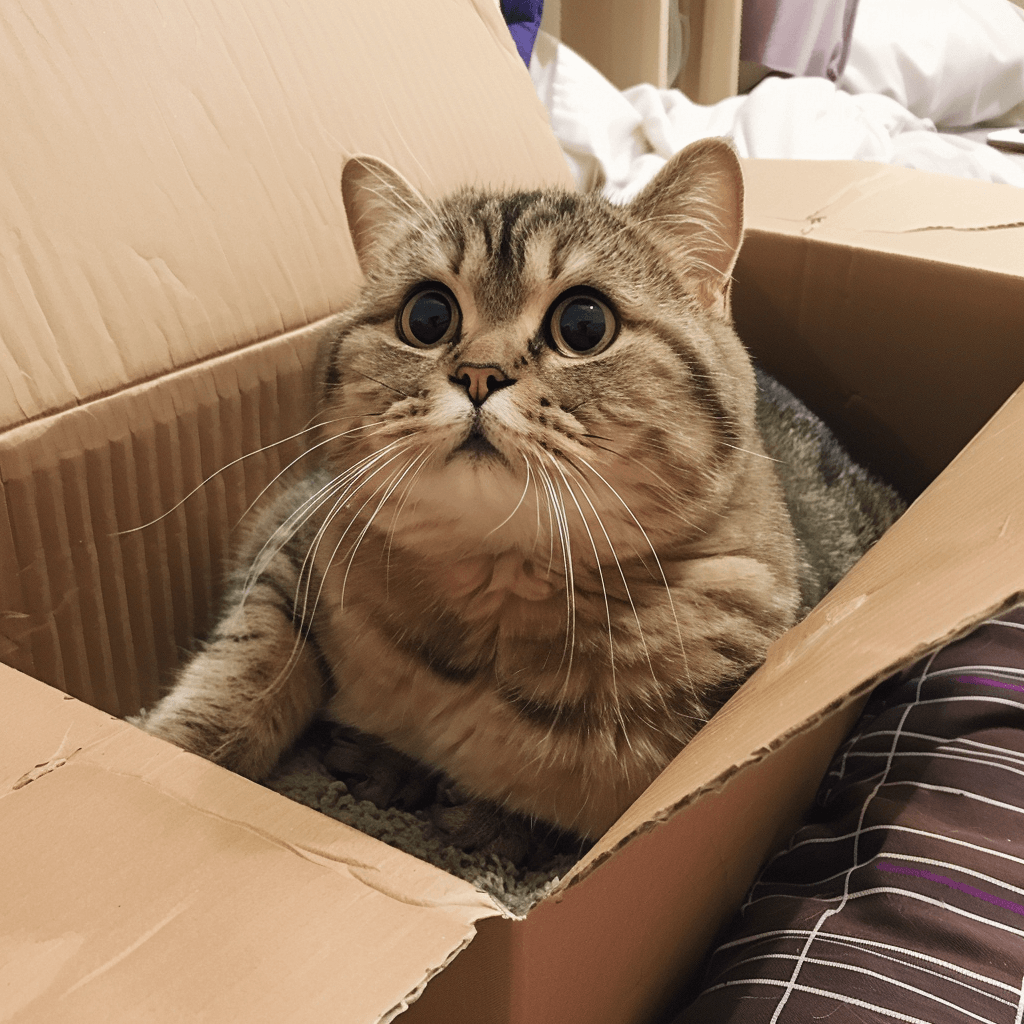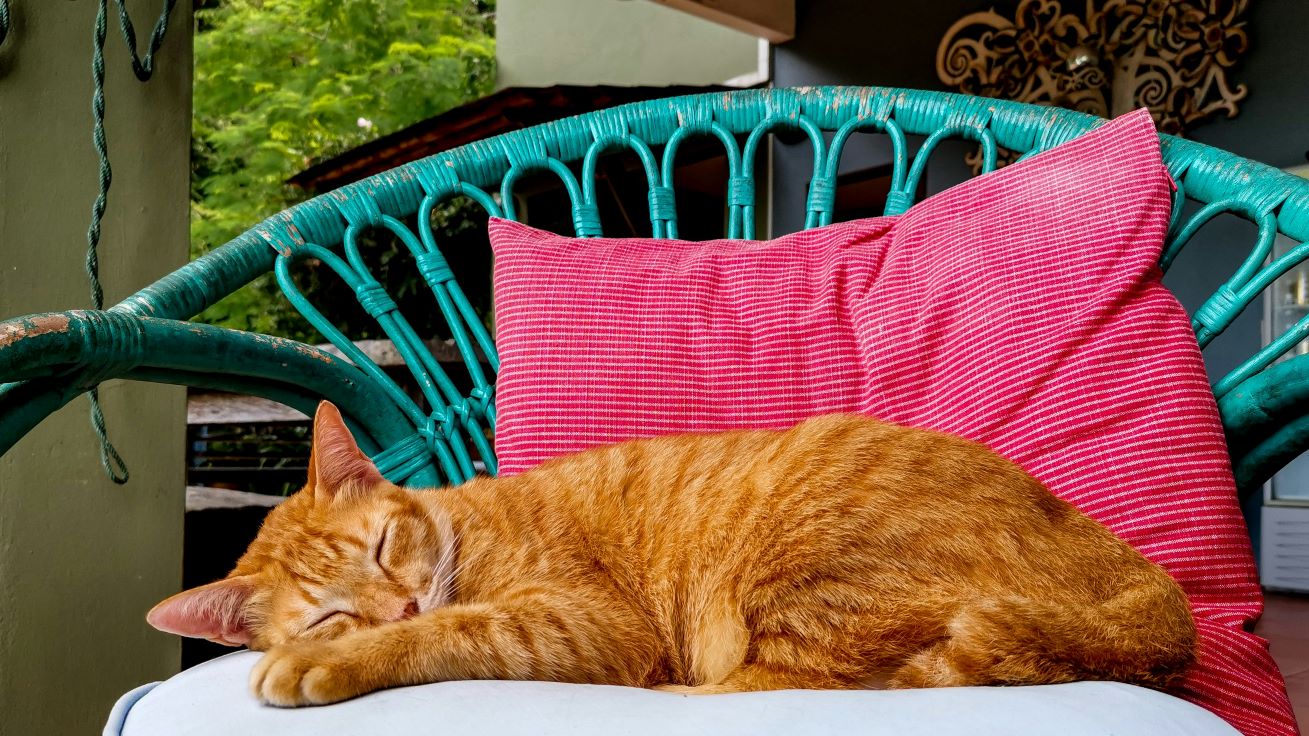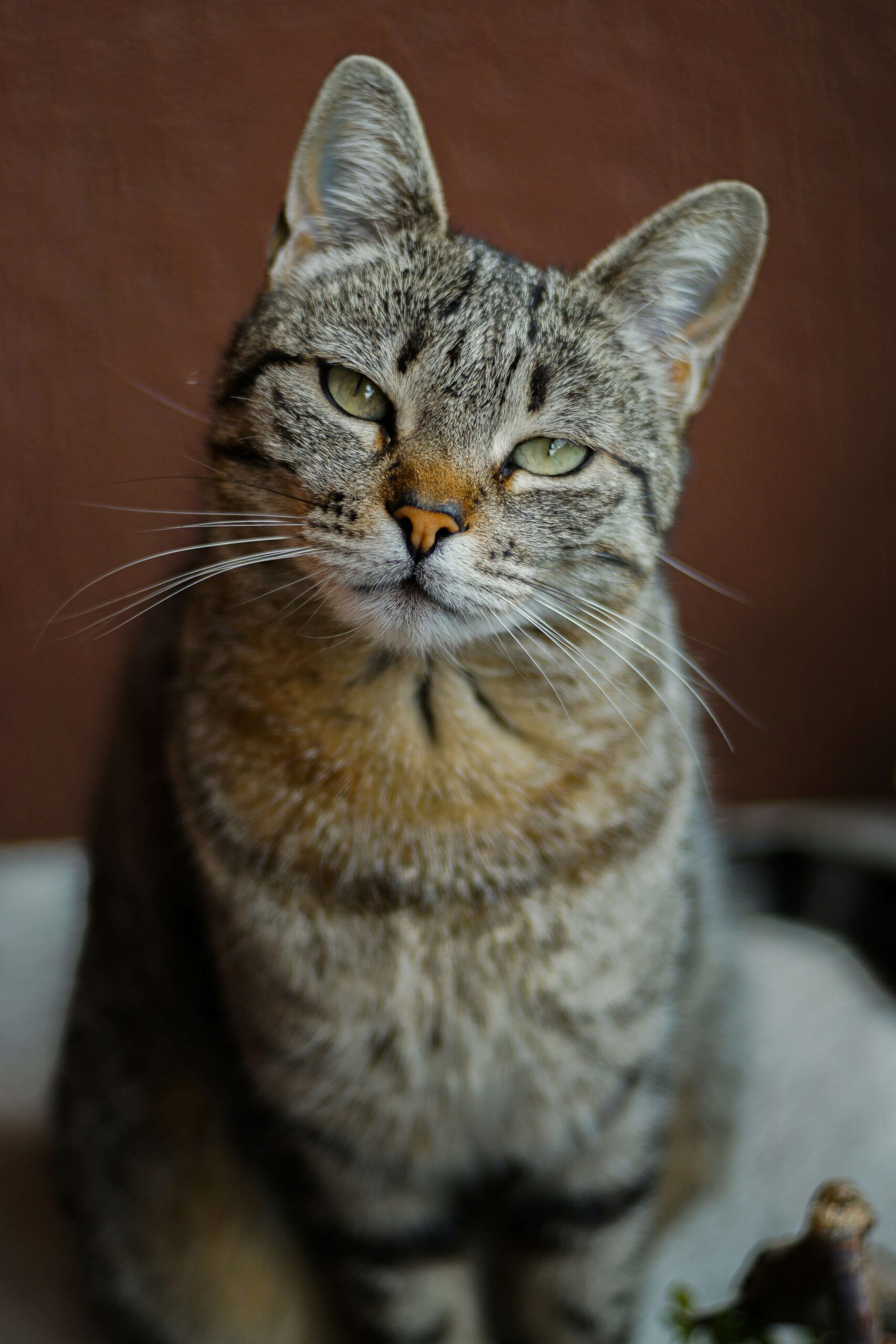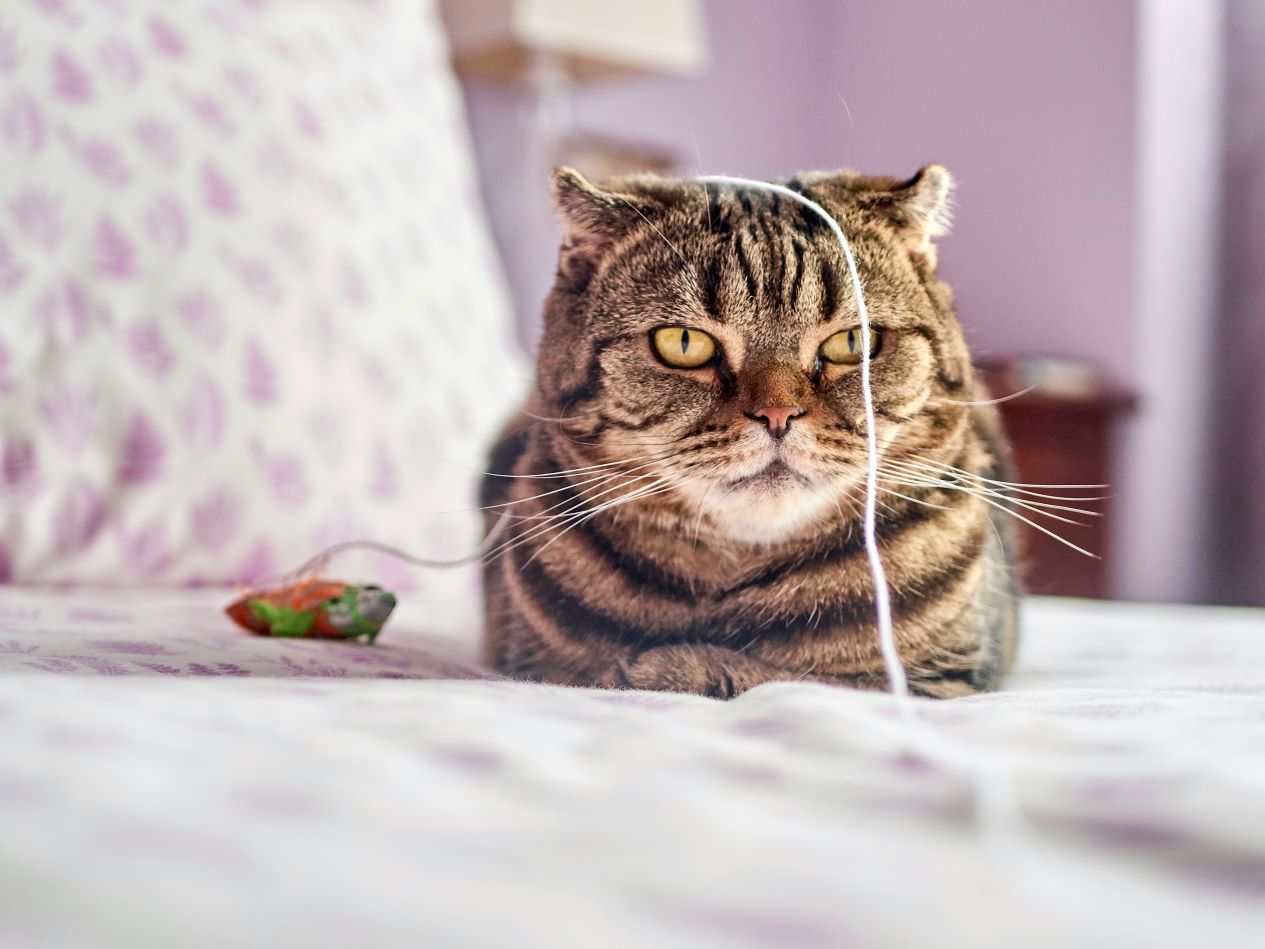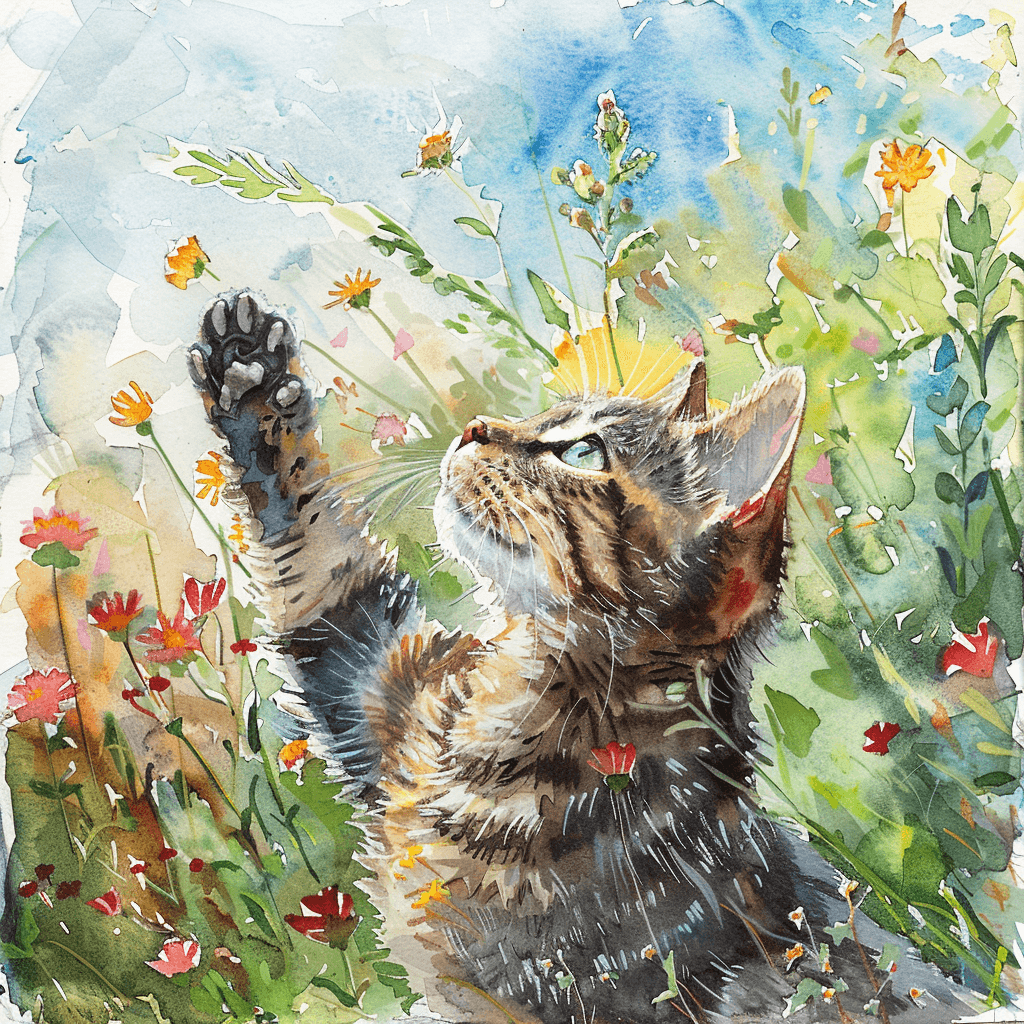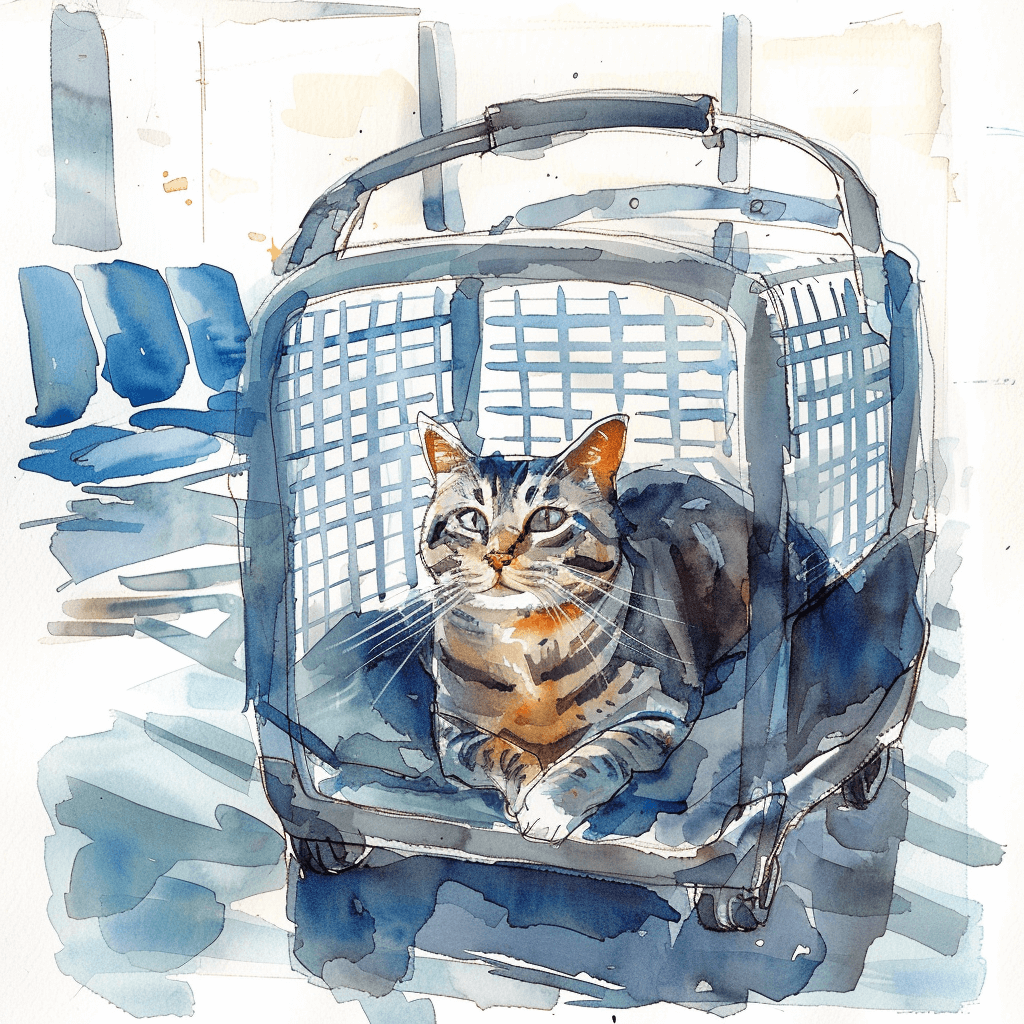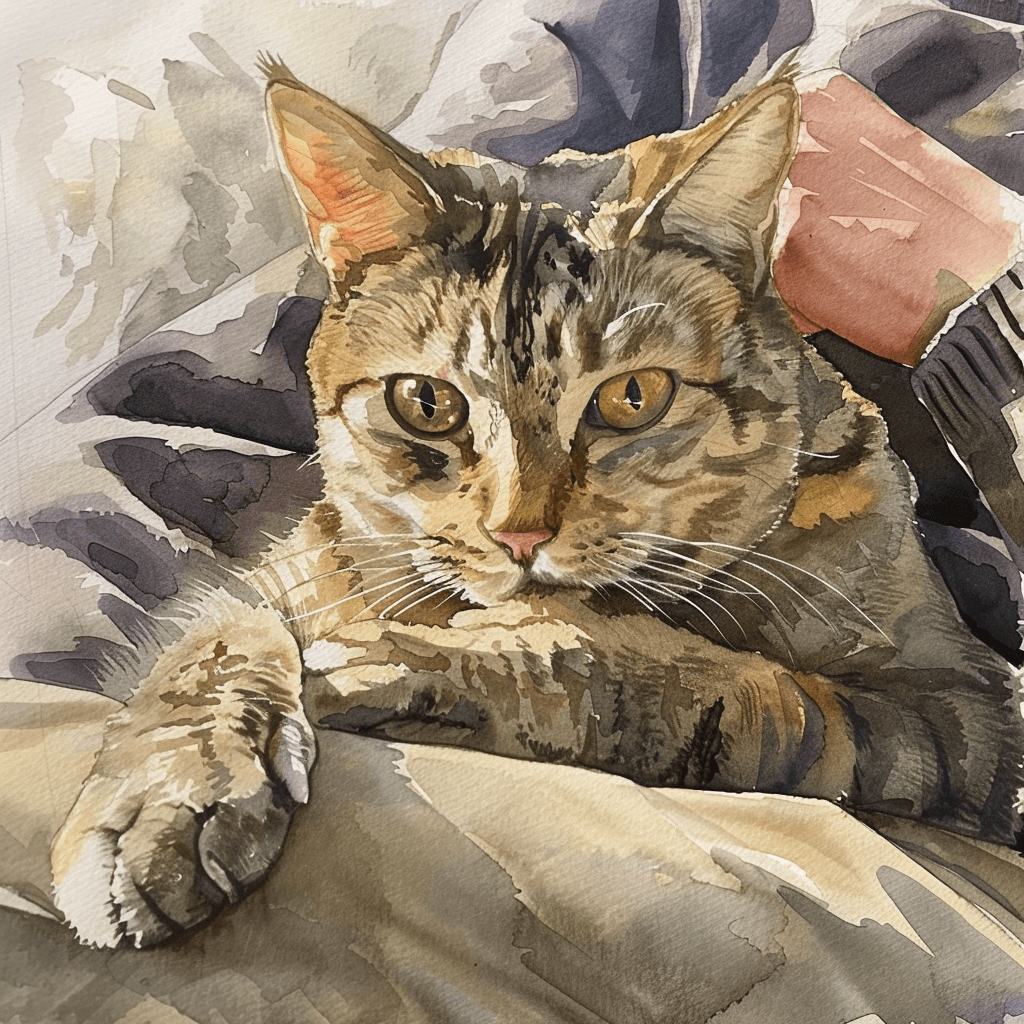As a devoted cat owner, I’ve had my fair share of experiences navigating the delicate balance of feline health. Among the many concerns that can arise, kidney failure stands out as a particularly common and challenging issue. In this deep dive, let’s explore the various stages of kidney failure in cats, from chronic to acute, and discuss the best recommendations for managing this condition with love and care.
Chronic Kidney Disease (CKD) and Chronic Renal Failure
Chronic kidney disease, often interchangeably referred to as chronic renal failure, is a progressive condition characterized by the gradual loss of kidney function over time. This is a common affliction in aging felines, and as pet parents, it’s essential to recognize the signs early on. Keep an eye out for increased thirst and urination, weight loss, and lethargy, as these could be early indicators of CKD.
Acute Renal Failure: A Sudden Challenge
On the other end of the spectrum lies acute renal failure, a sudden and severe decline in kidney function. While less common than CKD, acute renal failure can occur due to various factors such as ingestion of toxins, dehydration, or urinary obstruction. Prompt veterinary attention is crucial in these cases, as swift intervention can make a significant difference in your cat’s prognosis.
Recommended products for Feline Renal Care: https://amzn.to/3wlsCNB
*As an Amazon Associate I earn from qualifying purchases.
Understanding Stage Kidney Failure
In both chronic and acute cases, kidney failure progresses through stages, each presenting its own set of challenges. From the initial onset of symptoms to advanced stages where kidney function is significantly compromised, understanding these stages is key to providing the best possible care for your furry friend.
Recognizing Clinical Signs and Symptoms
Being attuned to the subtle signs of kidney failure is paramount for early detection and intervention. Keep an eye out for changes in appetite, vomiting, bad breath, and changes in litter box habits. Regular veterinary check-ups can help catch any abnormalities early on, giving your cat the best chance at managing this condition effectively.
Treatment Options and Recommendations
When it comes to managing kidney failure in cats, a multifaceted approach is often necessary. Your veterinarian may recommend dietary changes, such as a prescription renal diet, to support kidney function and manage symptoms. Additionally, medications to control blood pressure and promote red blood cell production may be prescribed to alleviate symptoms and improve your cat’s quality of life.
Best Practices for Kidney Care
- Regular Veterinary Check-ups: Schedule routine check-ups to monitor kidney function and catch any issues early.
- Hydration is Key: Ensure your cat has access to fresh water at all times to support kidney function and prevent dehydration.
- Prescription Diet: Consider switching to a specialized renal diet formulated to support kidney health and manage symptoms.
- Medication Compliance: Administer prescribed medications as directed by your veterinarian to manage blood pressure and support red blood cell production.
The Benefits of Proactive Kidney Care
By staying informed and proactive in managing kidney failure in your cat, you can significantly improve their quality of life and longevity. From recognizing early signs to implementing a comprehensive treatment plan, your dedication and love can make all the difference in your furry friend’s journey with kidney health. Together, we can ensure that our beloved feline companions live their best lives, one purr at a time.
People Also Ask
How quickly does kidney failure progress in cats?
Kidney failure progression in cats can vary depending on factors such as the underlying cause, the cat’s overall health, and the effectiveness of treatment. In some cases, it may progress gradually over months to years, while in others, it can advance more rapidly, particularly in cases of acute renal failure.
How do cats act when their kidneys are failing?
Cats may exhibit various signs when their kidneys are failing, including increased thirst and urination, decreased appetite, weight loss, lethargy, vomiting, and changes in litter box habits. These symptoms can vary in severity depending on the stage of kidney failure and the individual cat.
How long do cats live with end-stage kidney failure?
The life expectancy of a cat with end-stage kidney failure can vary greatly depending on factors such as the cat’s overall health, the effectiveness of treatment, and the presence of other underlying conditions. While some cats may only survive a few weeks to months in end-stage kidney failure, others may live for a year or more with proper care and management.
When should you euthanize a cat with kidney failure?
Deciding when to euthanize a cat with kidney failure is a deeply personal decision that should be made in consultation with your veterinarian. Factors to consider include the cat’s quality of life, pain levels, ability to enjoy normal activities, and prognosis for improvement with treatment.
How long does end-stage kidney failure last in cats?
End-stage kidney failure can last for varying lengths of time in cats, depending on factors such as the underlying cause, the effectiveness of treatment, and the cat’s overall health. Some cats may deteriorate rapidly and succumb to the condition within weeks, while others may linger for several months with supportive care.
Is end-stage kidney failure in cats painful?
End-stage kidney failure in cats can be associated with discomfort and pain, especially as the condition progresses. Symptoms such as nausea, weakness, and uremic toxins build-up can contribute to discomfort. Pain management and supportive care from your veterinarian can help alleviate suffering.
How long do cats live after kidney failure?
The life expectancy of a cat after kidney failure diagnosis varies widely depending on factors such as the stage of kidney failure, the underlying cause, and the effectiveness of treatment. With proper management, some cats can live for several months to years after diagnosis.
How long can a cat live with end-stage kidney failure?
Cats with end-stage kidney failure may have a limited life expectancy, ranging from weeks to months, depending on factors such as their overall health, the presence of complicating factors, and the effectiveness of supportive care. Regular monitoring and adjustments to treatment can help improve quality of life during this time.
What are the end stages of kidney failure in cats?
The end stages of kidney failure in cats typically involve severe deterioration of kidney function, leading to significant symptoms such as extreme lethargy, weakness, dehydration, and potentially life-threatening complications. At this stage, supportive care focused on comfort and quality of life becomes paramount.
